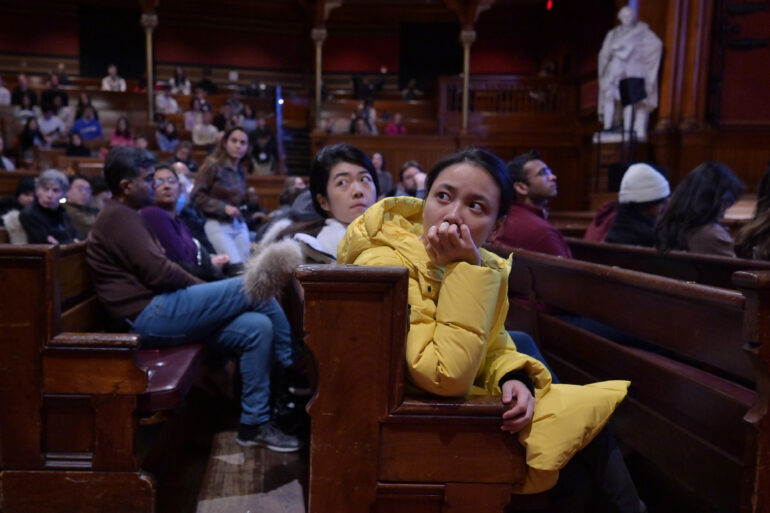On April 29, 2025, Harvard University found itself at a crossroads. Two internal reports, one addressing antisemitism and the other focusing on anti-Muslim, anti-Arab, and anti-Palestinian bias, laid bare the struggles of students and faculty on campus. Released amid a heated legal battle with the Trump administration over a $2.2 billion federal funding freeze, these reports have prompted an apology from Harvard President Alan Garber and a promise to reshape the university’s culture.
A Painful Year on Campus
The 2023-24 academic year was, in Garber’s words, “disappointing and painful.” The reports, compiled by task forces of faculty and students, revealed deep-seated issues. Jewish and Israeli students reported feeling unsafe and silenced, with antisemitism woven into academic programs, social settings, and even faculty hiring processes. The problem, the antisemitism report noted, stretches back to the early 2010s, predating the 2023 Hamas attack on Israel that intensified campus tensions.
Similarly, the report on anti-Muslim, anti-Arab, and anti-Palestinian bias highlighted a chilling statistic: 92% of surveyed Muslim students feared academic or professional repercussions for expressing their political views. Arab and Palestinian students echoed feelings of alienation, citing a campus environment where free speech felt stifled. Both reports painted a picture of a divided Harvard, where students of different backgrounds struggled to feel heard or valued.
Garber’s Apology and Vision for Change
In a letter to the Harvard community, Garber took responsibility. “I am sorry for the moments when we failed to meet the high expectations we rightfully set for our community,” he wrote. He acknowledged that the Israel-Hamas conflict had brought “long-simmering tensions to the surface,” amplifying feelings of hurt and exclusion. But he also insisted that Harvard would not tolerate bigotry.
To address these issues, Garber outlined a series of reforms. The university plans to review its admissions policies, faculty appointments, curriculum, and training programs. New initiatives will encourage dialogue across differences, fostering a campus where diverse perspectives can coexist. Additionally, Harvard is revising its disciplinary policies to better handle complaints of discrimination and harassment, with plans to release annual reports on these efforts. On the same day, the university rebranded its diversity, equity, and inclusion office as the Office of Community and Campus Life, signaling a shift in approach.
A Broader Battle
The release of these reports comes at a fraught moment for Harvard. The university is suing the Trump administration, which froze $2.2 billion in federal funding after Harvard refused demands to eliminate its DEI programs and overhaul its admissions and hiring practices. The White House framed the funding cut as a response to campus antisemitism, but the conflict has grown into a larger debate about government oversight of higher education. Harvard’s lawsuit underscores its determination to protect its autonomy while addressing the issues raised in the reports.
Looking Forward
Garber’s message ended with a hopeful vision: a Harvard where future generations—whether Jewish, Israeli, Muslim, Arab, Palestinian, or any other identity—can “be themselves, express their views freely, and encounter sympathy and understanding.” Achieving this will require more than policy changes; it will demand a cultural shift on a campus that has, by its own admission, fallen short.
As Harvard navigates this challenging moment, the eyes of the academic world are watching. Can one of America’s most prestigious universities bridge its divides and create a truly inclusive communit
